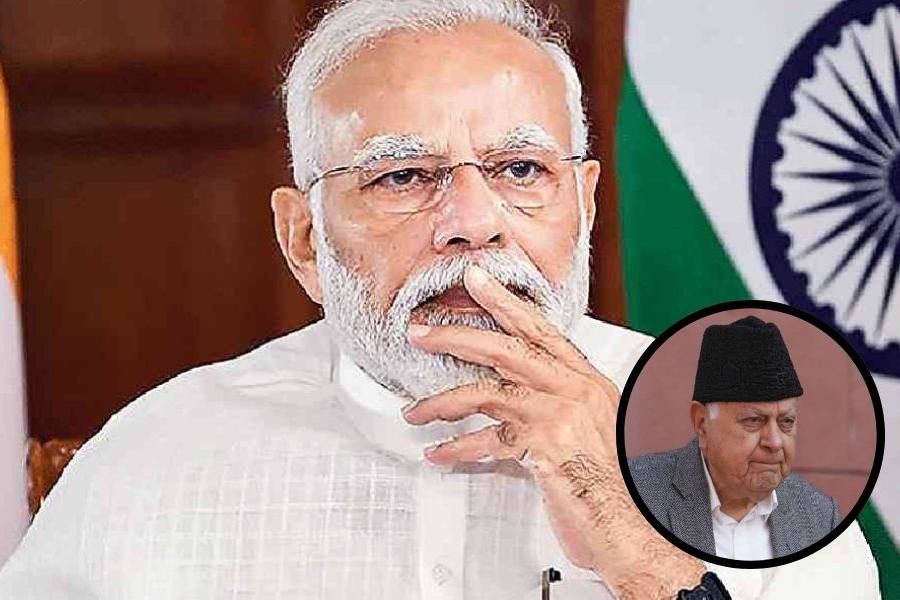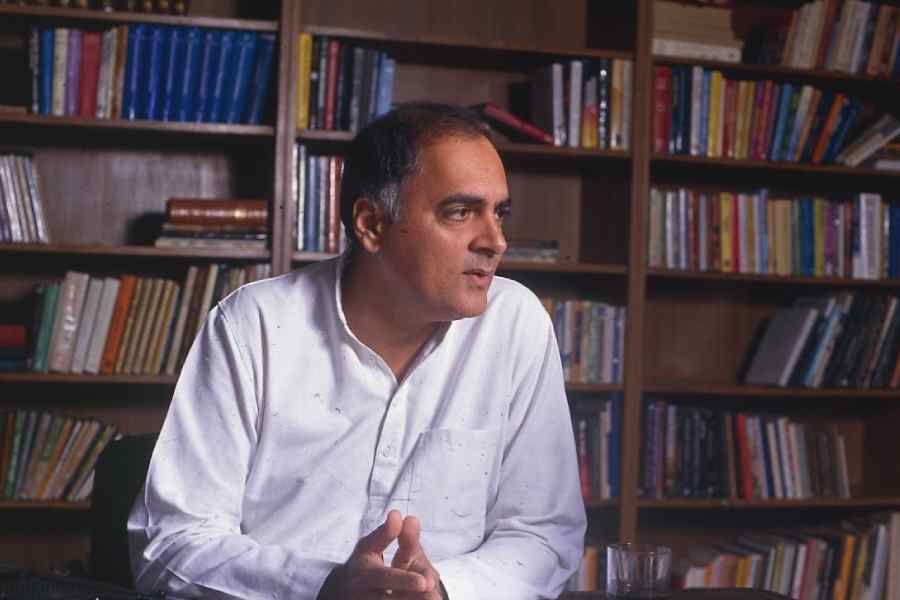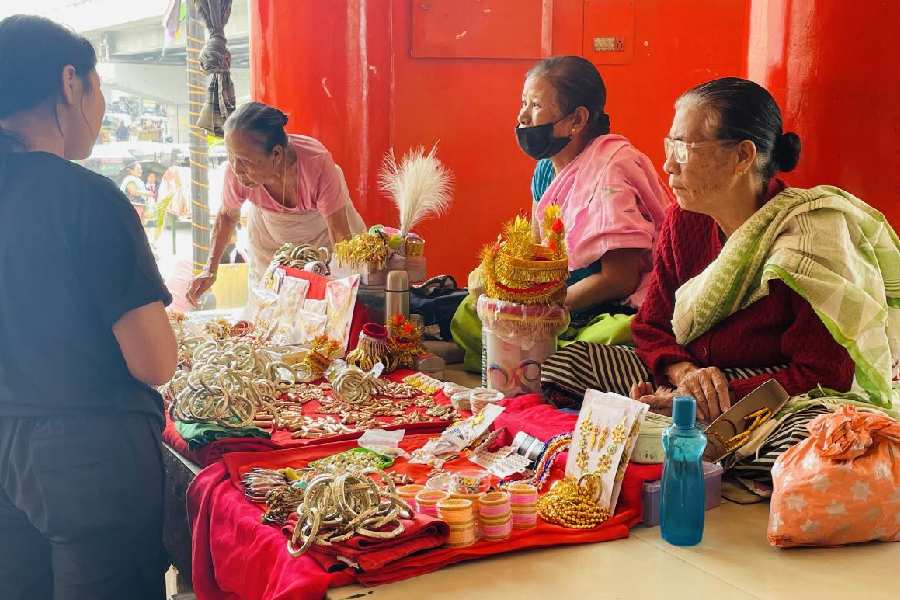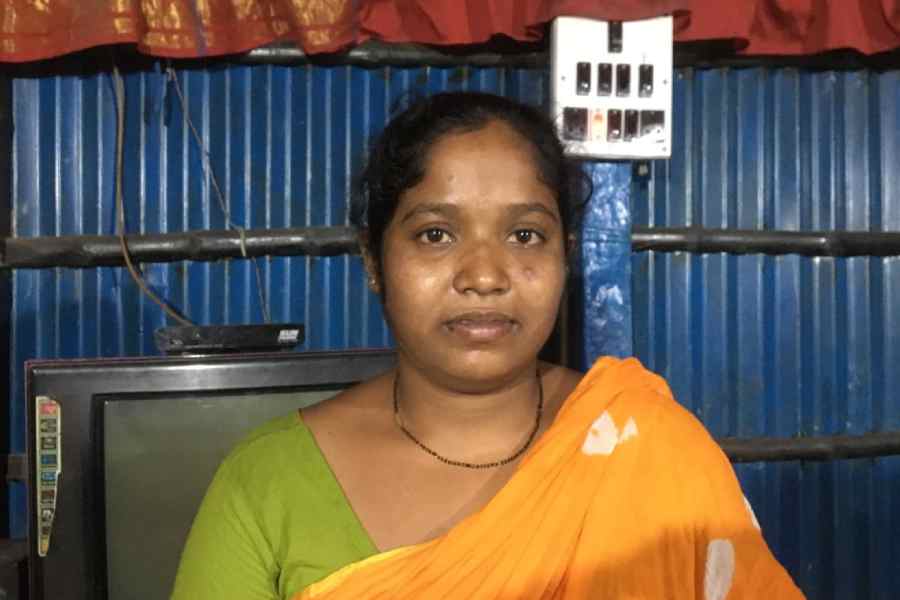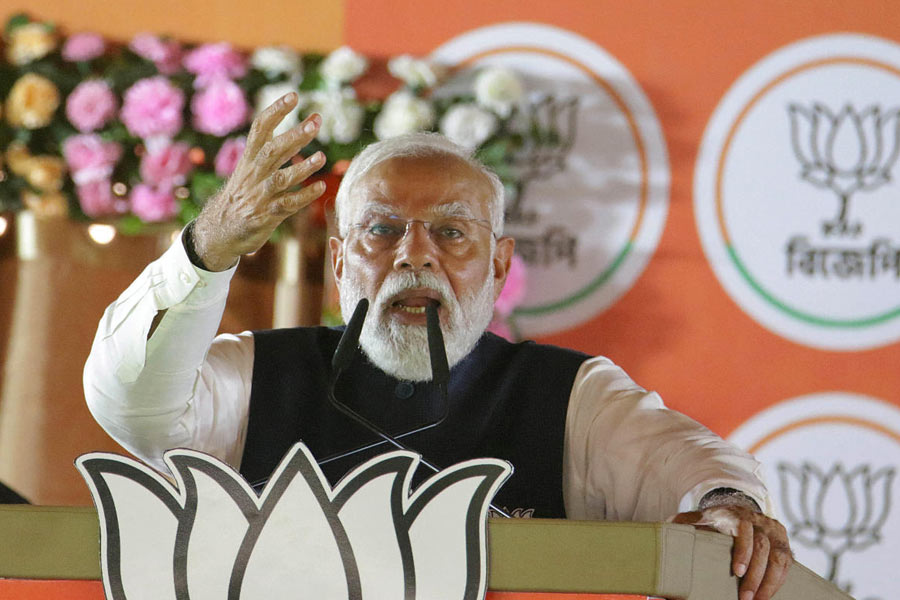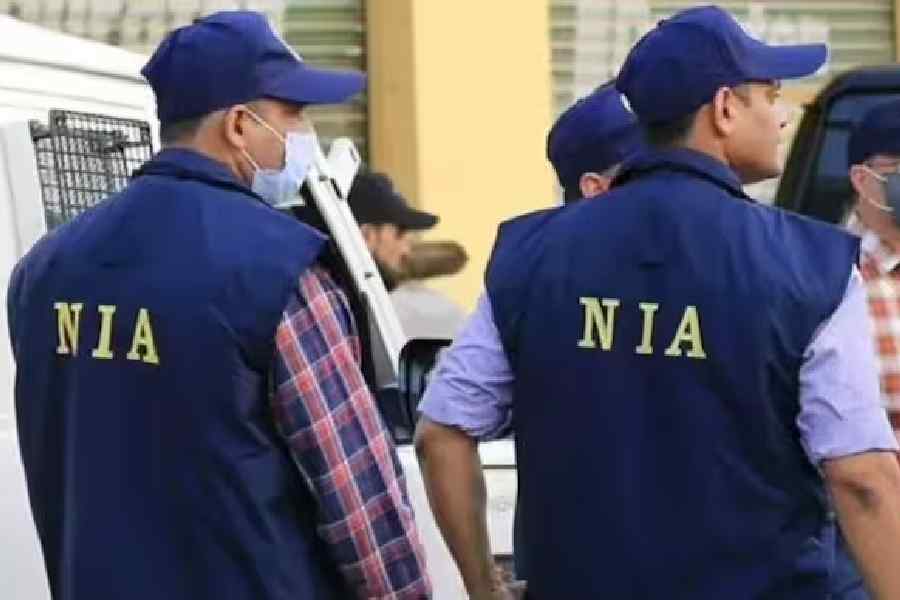This place is a proper replica of an underground club in London,” DJ Akhtar said, after trying out the console at Levels The Club in preparation for the bar launch party that night. One of the country’s oldest and best-known DJs who now supplies DJs and artistes to most night clubs, bars and hotels of Mumbai, he had flown over for the event. Soon after, he settled down for a conversation with The Telegraph Salt Lake.
On the initial years
I started as a DJ about 27 years ago when there were only two channels on television, no internet and music was available only on vinyl discs. There were barely three wine shops in any city, the nightclubs were only in five-star hotels.
After doing my MBA, when I started out to play music as a disc jockey (DJ), nobody knew what a DJ was. There were barely six of us across the country. I earned Rs 700 a month. I have spent nights hungry at rail stations in Mumbai but I never gave up.
In those days, there were two types of turntables available. One was what people played at home. But it was not of use to us as the stylus would break and the record would get a scratch if we tried to pull the needle arm for sound effect. The other was the Technics direct drive turntable. There we could do our thing — dragging, beat-mixing, scratching, controlling pitch for beat-matching (if a song is playing at, say, 100 beats per minute, to keep the pace uniform the DJ can play the next song at a slightly higher or lower speed to match the exact beat count of the earlier song to ensure one song blends into the other) etc.
But getting new music was tough. Delta Airlines was then the only direct connection to the US and we had to beg their air hostesses to bring us discs of Boney M, Pet Shop Boys, Milli Vanilli etc. Thomson cassettes from Dubai were then like gold to us. I was by then playing at the Taj Mahal Hotel nightclub Insomnia. I was their resident DJ for 16 years. In India, the only music we had access to was from HMV —the dog with the phonograph (the logo of His Master’s Voice). The only other source was a programme on western music on DD1 called Top of the Pops, that beamed Fridays, 10pm to 10.30pm.
The scene now
Today, our DJs are always on the Internet. They can buy music or check what is being played at top nightclubs of the world, like Ibiza, at the click of a button.
Our nightclubs and our DJs can match the best in the world. But there is one big difference. In the West, the crowd follows the DJ. They step into a disc knowing what kind of music the DJ would play. There is no concept of requests. A DJ is not a jukebox! Here the DJ has to follow the crowd. And not only is he told to play specific songs, he is asked to even announce people’s names or wish someone happy birthday!
Today there are about nine lakh DJs in the country. Of them, two and half lakh joined the profession in the past two years. They are getting drawn by the glamour and the perks. But they are not always ready to put in the hard work. Some take an hour’s training and call themselves DJs!


